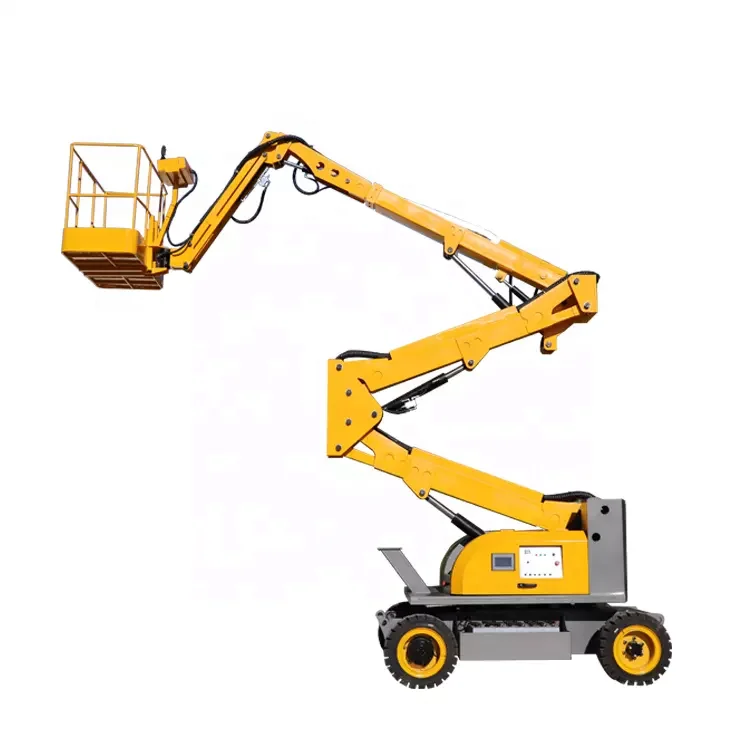Electric Forklifts Or Diesel: A Trend Analysis
Among the few indispensable machines in an industrial setting that helps you move or transfer heavy materials is a Forklift. They are available in different kinds, and electric forklifts as well as diesel powered forklifts is two of the most suggested ones. Here, too, each type has its own benefits and costs. This guide will compare electric forklifts to diesel powered units, allowing you the best information to choose which option is ideal.
Cost-Effective - The Main Concern (Image)
Cost -Efficiency is one of the most important factors that you need to consider while deciding between an electric forklift and a diesel model. At first, electric forklifts are likely to cost more than their diesel alternatives. But they are more cost-saving with respect to operating and maintenance costs although in the long run. Compared with diesel forklifts, electric models have a longer service life, lower maintenance requirements and fewer wearing parts. In addition, electricity as a fuel is much cheaper than diesel and this saves quite some cost for the lifetime of the lift truck.
On the other hand, although a diesel fork truck is cheaper to buy in the first instance they are more high maintenance and costly to run. They drink more, require more frequent oil changes and need a regular diet of filters and other maintenance chores. Diesel fuel, furthermore, is often more expensive than electricity -- mitigating some of the comparison's additional cost parameters.
Comparative Analysis between Electric And Diesel Forklifts
We will now have a look at different factors to compare Electric VS Diesel Forklift:
Productivity: Electric forklifts deliver high torque, which creates quick acceleration and a tighter turning radius-perfect features when it comes to in-warehousing applications that demand precision placement. Diesel forklifts, on the other hand, has a well-horsepower which can perform heavy lifting in rough terrain places like construction sites or mining areas and lumberyards.
Emission: Electric forklifts are eco friendly, as they do not give off any emissions. Diesel forklifts, on the other hand release carbon monoxide and nitrogen oxides as well as particulate matter but since these emissions are vibrating from within confined areas where there is little or no ventilation they must not be worn inside.
Noise Level: Electric forklifts are also relatively quieter than diesel, making them great choices for indoor applications where noise may be a concern.
Maintenance: Electric forklifts have less overall maintenance than diesel counterparts and general powered industrial trucks. This results in lower operational costs and improved productivity.
Electric or Diesel Forklifts: Pros and Cons
Electric Forklifts:
Advantages:
Environmentally friendly-no emissions on the road
Cheap in operating and maintenance
Runs quietly and can be used indoors
More lifespan with less of the replacements
Disadvantages:
Higher upfront costs
Short battery life, lots of recharging
Batteries requires special care and maintenance
Diesel Forklifts:
Advantages:
Strong enough for heavy duty outdoor chores
Fast Fuel and Increased Flight Hours
Lower initial purchase costs
Disadvantages:
Hazardous air pollution from worm farms
More running and maintenance costs
Indoor environment may not be suitable due to noisy operations
The correct choice of solution will depend on your needs and so there is not a simple answer to the electric vs diesel forklift question. Electric forklifts have a green and competitive edge but diesel trucks are more resilient while also being substantially expensive to operate. So be sure to think through the special requirements you have before deciding on what type of forklift is best-suited for your application.

